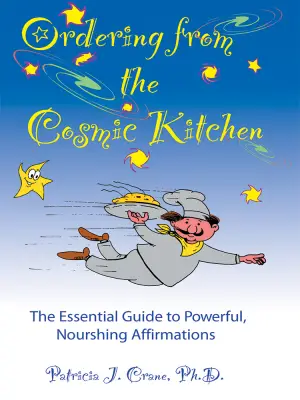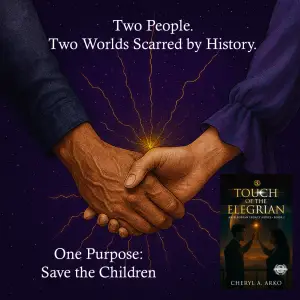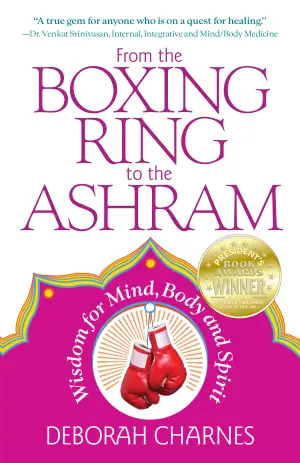Breaking Free: A Personal Reflection on The Codependency Workbook
When I stumbled upon The Codependency Workbook: Simple Practices for Developing and Maintaining Your Independence by Krystal Mazzola Wood, I felt an immediate spark of interest. As someone who has often wrestled with the dynamics of codependency in relationships, the promise of practical tools for emotional resilience was too compelling to pass up. Krystal, a seasoned therapist, brings to the table not just credentials, but a deeply personal approach that makes this workbook feel like a conversation with a compassionate friend.
The workbook is structured around the principles of Cognitive Behavioral Therapy (CBT), combining theory with engaging, actionable exercises that feel both manageable and profound. Throughout its 184 pages, Krystal guides readers through a journey of self-discovery and healing, emphasizing the essential goal of reclaiming one’s identity. This focus on independence feels refreshing and necessary, especially in a world where seeking validation through others is often the norm.
What struck me most about the writing style was its warmth and clarity. Krystal doesn’t just throw psychological jargon at her readers; instead, she crafts her insights with kindness, often inviting pause for reflection. Each chapter is infused with practical exercises that delve into key themes such as boundary-setting, self-compassion, and breaking negative thought patterns. Notably, her gentle reminders to replace self-criticism with self-love resonated deeply with me. It was a refreshing shift from the harsh narratives we can often inflict upon ourselves.
One of the standout moments for me was a reflection exercise that asked me to consider my own patterns of people-pleasing. It caught me off guard and led to some much-needed introspection. Krystal mentions, “Your worth is inherent, not dependent on the preferences or moods of others,” a quote that feels like a lifeline in turbulent waters. I found myself writing it down and revisiting it often as I navigated my day’s challenges.
Feedback from other readers further underscores this workbook’s impact. Many have shared how it offered them practical skills for navigating their recovery journeys, while others remarked on the effectiveness of its modular exercises, making it possible to engage with the material at one’s own pace. The testimonials echo a collective sigh of relief, as if we’re all acknowledging that healing is indeed a process—best undertaken with guidance and understanding.
As I closed the book, I felt a sense of hopefulness and empowerment. This workbook isn’t just for those who identify as codependent; it’s a valuable tool for anyone interested in personal growth, emotional independence, or understanding their relationships better. Whether you’re at the beginning of your healing journey or looking for ways to deepen your self-understanding, The Codependency Workbook offers a gentle, yet firm path toward emotional freedom.
In conclusion, if you’re ready to stop seeking validation externally and start living from a place of inner strength, I wholeheartedly recommend this workbook. It’s not just a collection of exercises; it’s a roadmap towards authenticity and self-compassion. For me, it has been a transformative reading experience that will linger long after the last page is turned.






